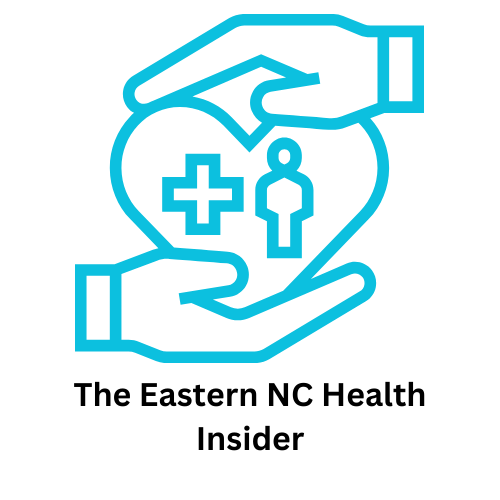
Understanding the Recent Cuts to the Federal Health Department
The recent federal budget cuts, particularly to the Department of Health and Human Services (DHHS), have sparked significant concern among North Carolinians. As health services face potential reductions, many families are feeling the strain of uncertainty in their health care options. This is especially relevant for parents who rely on government programs for their children's health services, including crucial vaccinations and preventive care.
Why These Cuts Matter to Your Family's Well-Being
For families with an annual income of $100,000 or more, significant health care decisions must be made thoughtfully. The cuts can feel like a distant policy problem, but they translate directly into shrinking resources at clinics and hospitals, also affecting those who can pay. Parents often find themselves navigating a complex web of health care services, where easy access to quality care is becoming increasingly fraught.
The Psychological Toll of Health Care Instability
Adding to the fear and confusion surrounding these changes is an undercurrent of anxiety that comes from not knowing what services will be affected. Cuts can lead to longer waiting times for appointments and even reduced availability of specialized pediatric services. This creates a double bind: families need services now more than ever but may face barriers in accessing them. Such stressors can contribute to broader mental health issues, especially for parents who want to ensure their children grow up healthy and secure.
Existing Programs at Risk: What You Should Know
Programs like the Women, Infants, and Children (WIC) initiative, which provides nutrition assistance, and critical mental health resources often see the earliest cuts during budget reductions. Parents depend on these programs as they provide not only essential goods and services but also guidance on healthy lifestyle choices. The potential dismantling of such support systems creates a ripple effect that could harm the well-being of the community as a whole.
Local Perspectives: Voices from the Community
Local health officials express concerns over the direct impact of federal cuts on their operations. Many have shared anecdotes about families struggling to secure appointments or facing increased costs for essential medications. One healthcare worker remarked that the fear instilled in many parents comes not just from the cuts themselves but from the lack of communication and transparency regarding what changes will occur next. This kind of uncertainty can quickly erode trust in the systems designed to keep families healthy.
Ways to Stay Informed and Engaged
For parents and individuals concerned about the upcoming changes, remaining informed is crucial. Participating in community forums and reaching out to local health services can provide insights into staying resilient during uncertain times. Furthermore, advocating for transparent communication from health authorities can help communities come together as they navigate these challenges. It’s also essential to seek support for mental health and wellness during upheaval — there are resources available locally that cater to these needs.
Conclusion: The Call to Action
As these federal health department cuts loom, it is essential for families in North Carolina—and beyond—to stay engaged. Understanding how these changes may directly impact your family can empower you to voice your concerns and seek alternatives. Keeping lines of communication open with your healthcare providers, advocating for local health initiatives, and participating in community discussions will ensure your family's health needs are addressed amidst the uncertainty.
 Add Row
Add Row  Add
Add 




Write A Comment